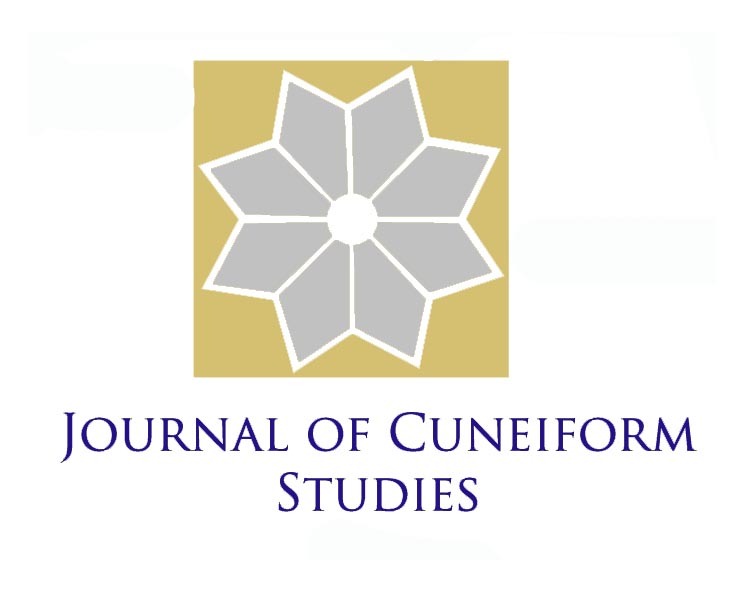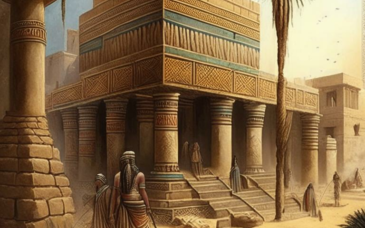The Journal of Cuneiform Studies (JCS) is a scholarly journal that publishes articles on the history and languages of the ancient Mesopotamian and Anatolian literate cultures. It was founded in 1947 by the Baghdad School of the American Schools of Oriental Research, and is currently published by the University of Chicago Press.
JCS publishes articles on a wide range of topics, including:
- Cuneiform languages and linguistics
- Mesopotamian and Anatolian history, culture, and archaeology
- Mesopotamian and Anatolian literature, religion, and law
- Mesopotamian and Anatolian art and architecture
JCS is a peer-reviewed journal, and all articles are published after being reviewed by two or more experts in the field. The journal is published once a year, and each issue is approximately 144 pages long.
JCS is an essential resource for scholars of Mesopotamian and Anatolian studies. It publishes the latest research on a wide range of topics, and its articles are of the highest quality. JCS is also a valuable resource for students who are interested in learning more about the ancient civilizations of Mesopotamia and Anatolia.
Here are some recent articles that have been published in JCS:
- "The Urban Landscape of Old Syrian Ebla" by Frances Pinnock
- "Cultic Activities in the Sacred Area of Ishtar at Ebla during the Old Syrian Period: The Favissae F.5327 and F.5238" by Nicolò Marchetti and Lorenzo Nigro
- "Esarhaddon's Succession Treate at Tell Tayinat: Text and Commentary" by Jacob Lauinger
- "Unfinished Business: The Relief on the Hammurabi Louvre Stele Revisited" by Tallay Ornan
- "From Text to Reading in Enūma Eliš" by Johannes Haubold
If you are interested in learning more about the ancient civilizations of Mesopotamia and Anatolia, I encourage you to subscribe to the Journal of Cuneiform Studies. It is a valuable resource for scholars and students alike.

